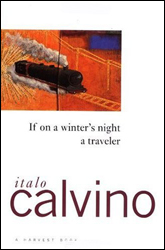 From the back cover:
From the back cover:
“In the Third Part Shakespeare extends his essay on monarchical politics by contrasting two kings, the good but ineffective Henry VI with his rival, the sensual and victorious Edward IV. He also offers more evidence of the perils of aristocratic factionalism in a series of scenes that display the grievous wounds caused by the Wars of the Roses. Here we watch the savage death of the Duke of York at the hands of Queen Margaret, the moving lament of King Henry as he witnesses the slaughter of the battle of Towton where the Lancastrians were defeated, and finally, Henry’s death at the hands of Richard of Gloucester, later King Richard III.”
My thoughts:
The penultimate chapter of the War of the Roses tetralogy (or pentalogy if you count Richard II where the whole thing begins, though that was a prequel of sorts). Warwick, won over to the Yorkist cause and then left hung out to dry when Edward changes his mind about his embassy to France to woo the French princess, dominates the play–at least until Act IV. We get the set up for Richard III as Richard proves both ambitious and bloodthirsty. Lots of back and forth as first one party then the other holds sway, with tragic losses on both sides, this would be pretty exciting to watch as a play even if we know how it all turns out.
My rating: 9/10


